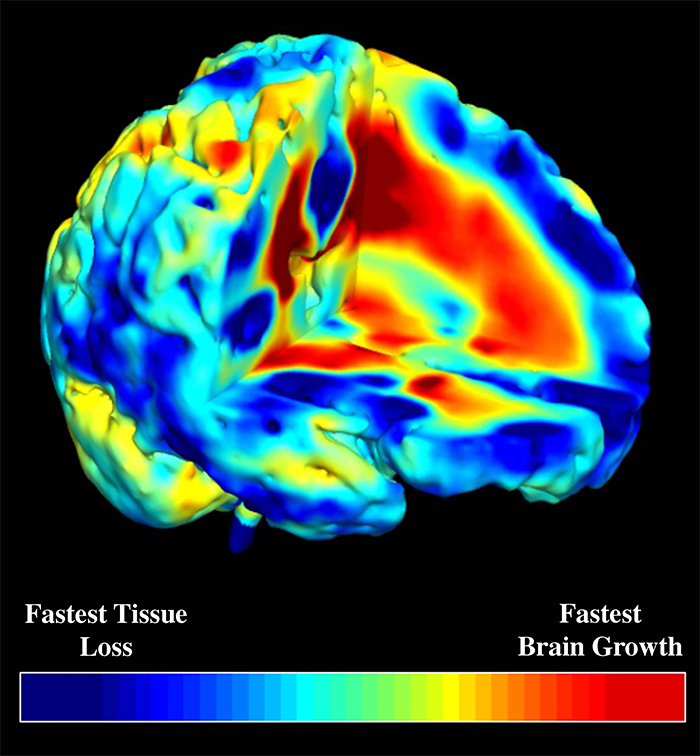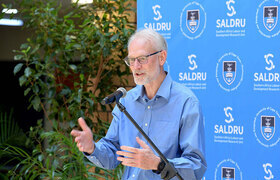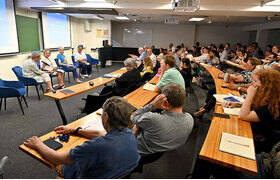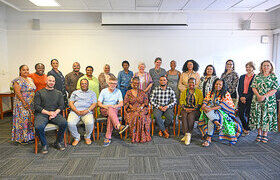'No health without mental health,' say UCT researchers
10 October 2014 | Story by Newsroom
Researchers at the University of Cape Town are looking at innovative ways to better understand and diagnose schizophrenia, a serious mental disorder that is associated with a great deal of impairment. Living with schizophrenia is the theme for this year's World Mental Health Day on 10 October 2014.
Professor Dan Stein, Head of the Department of Psychiatry and Mental Health at UCT, notes that several divisions of the department are contributing to work on schizophrenia. "Public mental health is particularly important, because we need to address systemic issues in order to encourage patient recovery." At the same he notes that several projects are being undertaken in the department on the neuroscience of schizophrenia.
UCT researchers are part of a team that is examining the exact nature of the genetic basis for schizophrenia and looking for ways to aid diagnosis of the disorder.
"We are using cutting-edge genetic methods to study schizophrenia in the Xhosa population of South Africa. Our hope is that this research will help in the identification of genes that play an important role in this disorder in other contexts, and will so ultimately contribute to the prevention and treatment of this important condition," says Professor Stein, one of three principal investigators of the study.
Dr Fleur Howells, a neuroscientist at UCT, says: "Cognitive disturbances in schizophrenia are the limiting factor in the re-integration of these individuals into society. The research projects that are currently running, serve to investigate the neurobiological mechanisms which underlie these deficits in cognition.
"We are using a translational research design, where we assess the cognitive function of the individuals, using multi-modal brain imaging techniques, then make use of animal models to understand molecular mechanisms, which underlie the recorded dysfunction in cognition," she adds.
It is envisaged that this research strategy will aid psychiatrists when making diagnosis, and potentially develop novel therapeutic targets to specifically improve cognition in individuals with diagnosis of schizophrenia.
UCT researchers believe that people diagnosed with mental health disorders can lead productive lives but will need more supportive recovery environments.
Dr Goodman Sibeko, Clinical Research Fellow at UCT, is also of the view that, "in efforts to assist those suffering with mental illness in their recovery, doctors need to find ways of halting the revolving door of mental health in-patient treatment".
"At the same time we need to empower patients and those who care for and support them to take part-ownership in managing mental illness," he adds.
Media release issued by Kemantha Govender, UCT Communication and Marketing Department. Email: Kemantha.Govender@uct.ac.za
 This work is licensed under a Creative Commons Attribution-NoDerivatives 4.0 International License.
This work is licensed under a Creative Commons Attribution-NoDerivatives 4.0 International License.
Please view the republishing articles page for more information.










